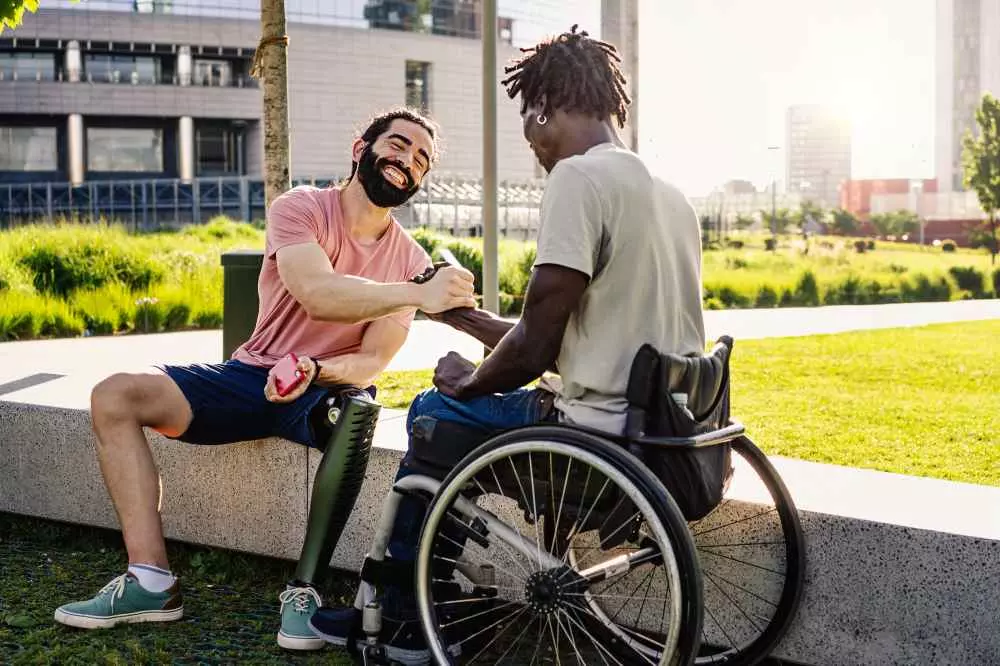Building self-acceptance and self-esteem in people with disabilities
People with disabilities often face a variety of challenges in their daily lives. Struggling with physical, social or emotional limitations can have a negative impact on their self-esteem and self-worth. However, there are strategies and tools that can help build a positive attitude toward themselves and increase self-acceptance.
Recognizing individual successes
The first step in building self-acceptance in people with disabilities is to recognize and acknowledge their individual successes. Achievements, even those that are seemingly small, are of great importance in boosting self-confidence. It is worth appreciating every effort and striving to enable people with disabilities to achieve their goals. Such an approach allows one to walk the path of self-advancement.
One of the most effective ways is to set realistic goals that match a person's capabilities. This provides a chance for regular satisfaction with accomplishments and an increase in self-esteem. Strengthening the sense of self-efficacy can have a positive impact on one's mood and further pursuit of success.
Acceptance of diversity
Increased self-acceptance in people with disabilities also comes from social acceptance of their diversity. It is useful to provide them with a space where they can be themselves and be accepted without any negative judgments. For many people with disabilities, acceptance from others is extremely important in order to feel valued and appreciated members of society.
Educational projects, social campaigns, and other initiatives that focus on eliminating stigma against people with disabilities can play a key role in building social ties based on equality and mutual acceptance. Addressing the needs of people with disabilities in their daily lives is crucial to ensuring that they have satisfying social relationships.
Emotional support
Emotional support is crucial for people with disabilities in building self-esteem. Sometimes one positive word or gesture of understanding can mean a lot to these individuals. Support from loved ones, friends, therapists and other professionals is extremely important to successfully cope with life's challenges. Whether a person with a disability needs emotional support in terms of mental health or daily activities, help is key to their self-realization and building self-acceptance.
Psychological therapy can be particularly helpful in identifying the sources of low self-esteem and developing the ability to think positively about oneself. Effective communication and work on social skills can also significantly increase self-acceptance in people with disabilities.
Summary
Building self-acceptance and self-esteem in people with disabilities is a process that requires time, understanding and commitment from the community. By recognizing individual successes, accepting diversity and providing emotional support, people with disabilities can be helped to discover their worth and participate fully in society. This mutual work will contribute to creating a more inclusive and accepting environment for all individuals.
Add comment